KS3 planning (general)
There are many different issues, both practical and pedagogical, subject specific, school-wide and national that must be considered in any teachers’ planning. In this section you will find research, articles, guides and resources that will support you to develop your planning as it relates to teaching history and helping pupils to make progress.
Sort by:
Date (Newest first) | Title A-Z
Show:
All |
Articles |
Podcasts |
Multipage Articles
-

Continuity in the treatment of mental health through time
ArticleClick to view -
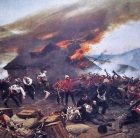
Do we need another hero? Rorke's Drift
ArticleClick to view -
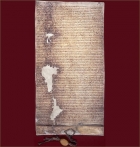
Year 9 - Connecting past, present and future
ArticleClick to view -

Cunning Plan 151: When and for whom has 1688 been 'Glorious'?
ArticleClick to view -

Move Me On 151: Getting past a plateau in development
ArticleClick to view -

Enquiries to engage Year 7 in medieval anarchy
ArticleClick to view -

Improving Year 12's extended writing
ArticleClick to view -
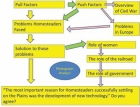
An attempt to make Year 9 Masters of Learning
ArticleClick to view -

Teaching the iGeneration
ArticleClick to view -

Historical reasoning in the classroom
ArticleClick to view -

Move Me On 149: how to provide appropriate support for particular students
ArticleClick to view -

Designing an enquiry in a challenging setting
ArticleClick to view -

Cunning Plan 149.1: a Year 7 lesson on Gladiators
ArticleClick to view -
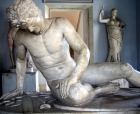
Helping Year 7 put some flesh on Roman bones
ArticleClick to view -
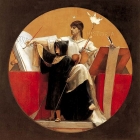
Where are we? The place of women in history curricula
ArticleClick to view -
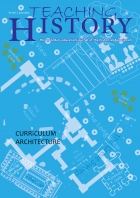
Teaching History 147: Curriculum Architecture
ArticleClick to view -

Developing Year 8 students' conceptual thinking about diversity in Victorian society
ArticleClick to view -

Triumphs Show 146: putting an enquiry together
ArticleClick to view -
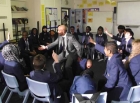
'Doing justice to history': the learning of African history in a North London secondary school
ArticleClick to view -

Key Concepts at Key Stage 3
Multipage ArticleClick to view

